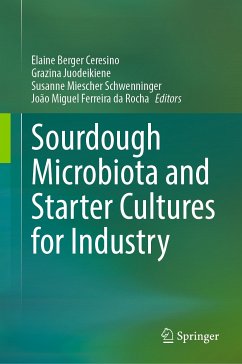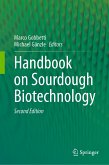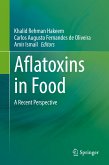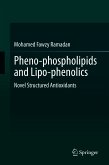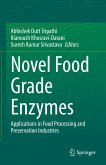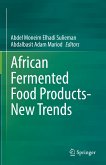Traditional sourdough bread refers to spontaneous fermentation of cereals by lactic acid bacteria and yeasts, leading to natural selections of microorganisms. The metabolic activity of these microorganisms promotes the formation of organic acids, flavor development and leavening in food matrices, which most know as sourdough bread. This bread is still widely manufactured at farm level across Europe and worldwide, being highly appreciated by consumers for its distinct flavor, texture, healthy attributes and natural origin.
Sourdough bread is expected to grow 6.9% annually through 2023. Once stagnant, the bread market has experienced a revival specifically through sourdough bread consumption. Consumers have been avoiding bread in the recent years due to the presence of extra ingredients such as chemical dough conditioners, preservatives and added sugar. However, the increasing popularity of fermented foods and their multiple health benefits are prompting the growth of sourdough market. This fast-growing market has been demanding a dynamic response from industries producing starter cultures to accelerate sourdough fermented bread production in increasing quantities while keeping its "made-for-you" characteristics. By bringing together top sourdough experts in Europe and beyond, this book compiles the latest knowledge in all areas of sourdough starter culture and advantages in using sourdough fermentation.
Sourdough Microbiota and Starter Cultures for Industry supplies a biosciences' audience with a hands on view of the latest advances from sourdough microbiota characterization to starter culture potentials targeting industrial application, including specific techno-functional and safety improvements obtained by clean-labeling strategies. Insights on health and improved quality shed light on new shifting consumer preferences and why choosing sourdough fermentation is a great expansion opportunity in one's portfolio as the science behind sourdough starter cultures meets improved nutrition-impact opportunities. This text teaches methods to exploit sourdough technology through the entire value chain from sourdough natural microflora through the development of novel starter cultures for producing fermented food, introducing the advantages that sourdough fermentation offers for improving the sensorial, technological and nutritional properties of breads.
Sourdough bread is expected to grow 6.9% annually through 2023. Once stagnant, the bread market has experienced a revival specifically through sourdough bread consumption. Consumers have been avoiding bread in the recent years due to the presence of extra ingredients such as chemical dough conditioners, preservatives and added sugar. However, the increasing popularity of fermented foods and their multiple health benefits are prompting the growth of sourdough market. This fast-growing market has been demanding a dynamic response from industries producing starter cultures to accelerate sourdough fermented bread production in increasing quantities while keeping its "made-for-you" characteristics. By bringing together top sourdough experts in Europe and beyond, this book compiles the latest knowledge in all areas of sourdough starter culture and advantages in using sourdough fermentation.
Sourdough Microbiota and Starter Cultures for Industry supplies a biosciences' audience with a hands on view of the latest advances from sourdough microbiota characterization to starter culture potentials targeting industrial application, including specific techno-functional and safety improvements obtained by clean-labeling strategies. Insights on health and improved quality shed light on new shifting consumer preferences and why choosing sourdough fermentation is a great expansion opportunity in one's portfolio as the science behind sourdough starter cultures meets improved nutrition-impact opportunities. This text teaches methods to exploit sourdough technology through the entire value chain from sourdough natural microflora through the development of novel starter cultures for producing fermented food, introducing the advantages that sourdough fermentation offers for improving the sensorial, technological and nutritional properties of breads.
Dieser Download kann aus rechtlichen Gründen nur mit Rechnungsadresse in A, B, BG, CY, CZ, D, DK, EW, E, FIN, F, GR, HR, H, IRL, I, LT, L, LR, M, NL, PL, P, R, S, SLO, SK ausgeliefert werden.

